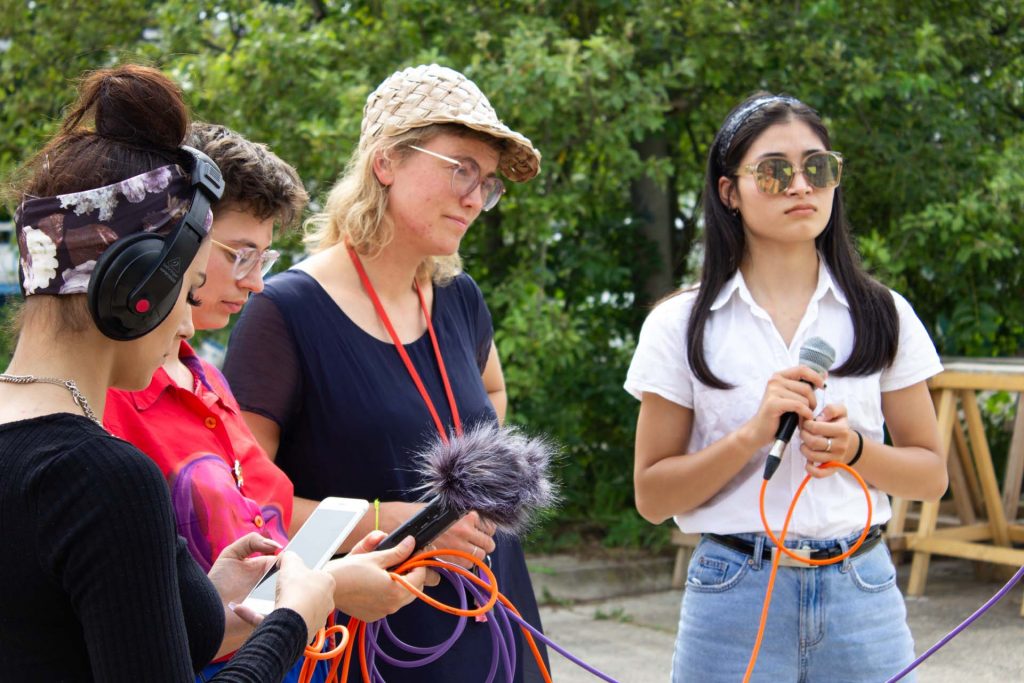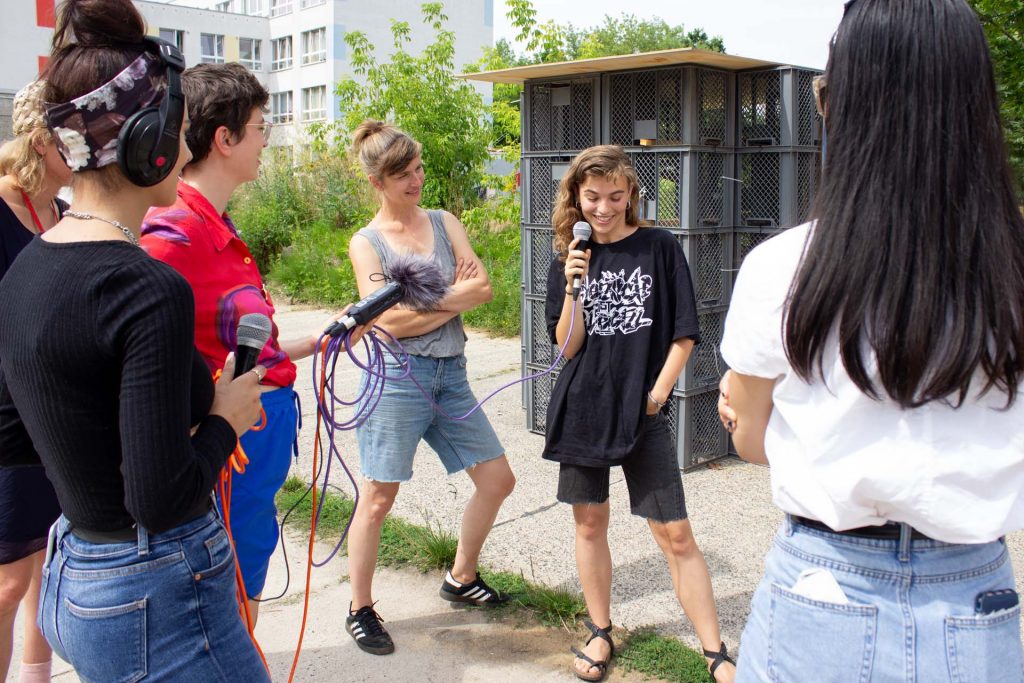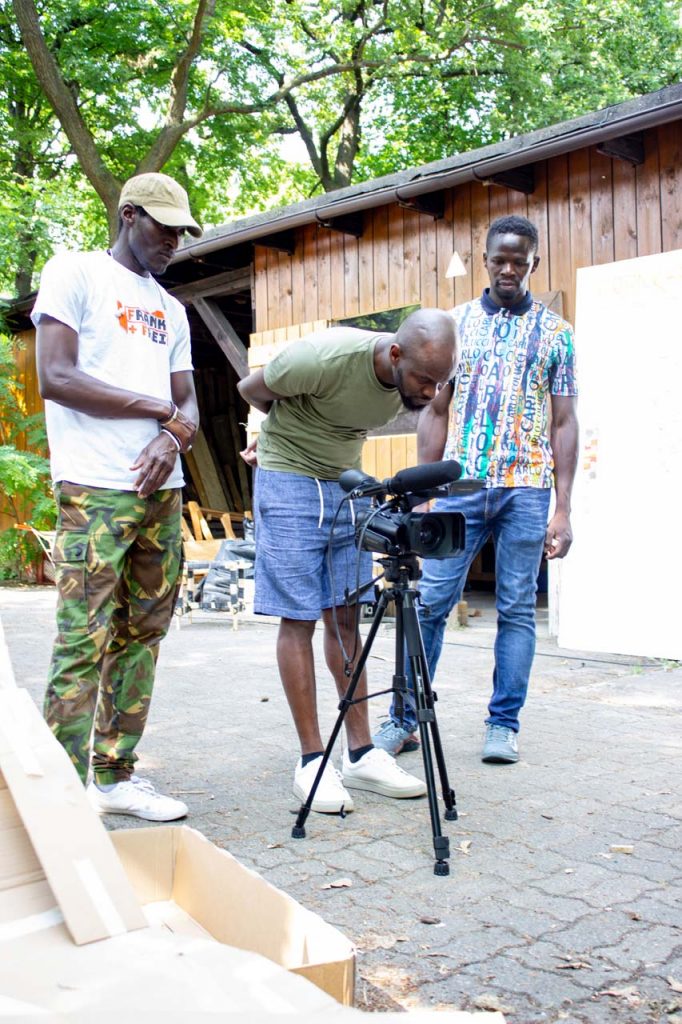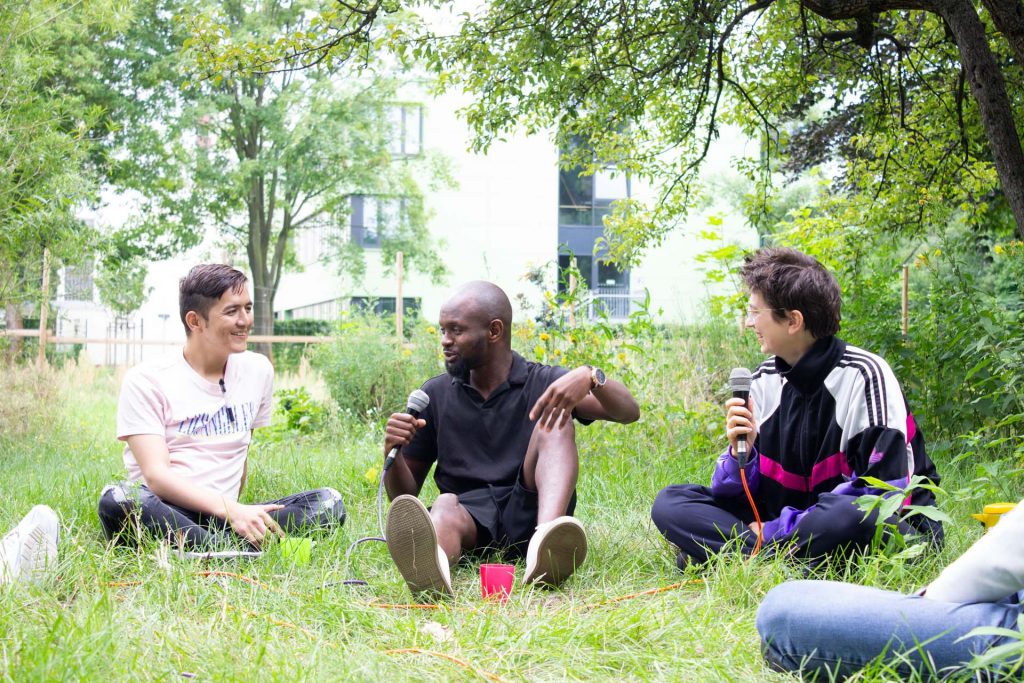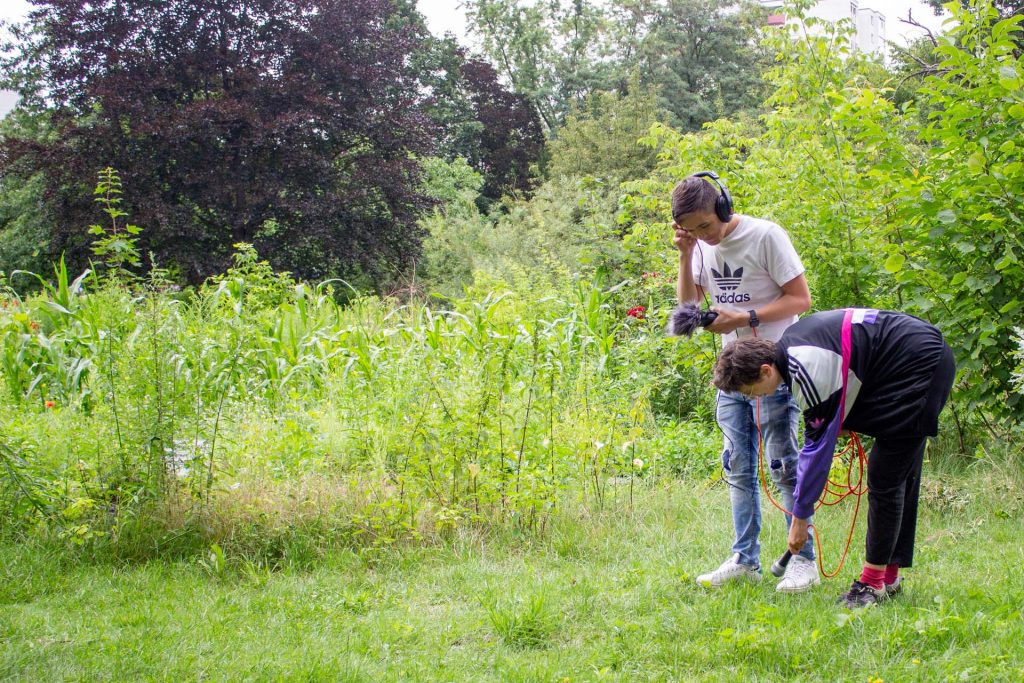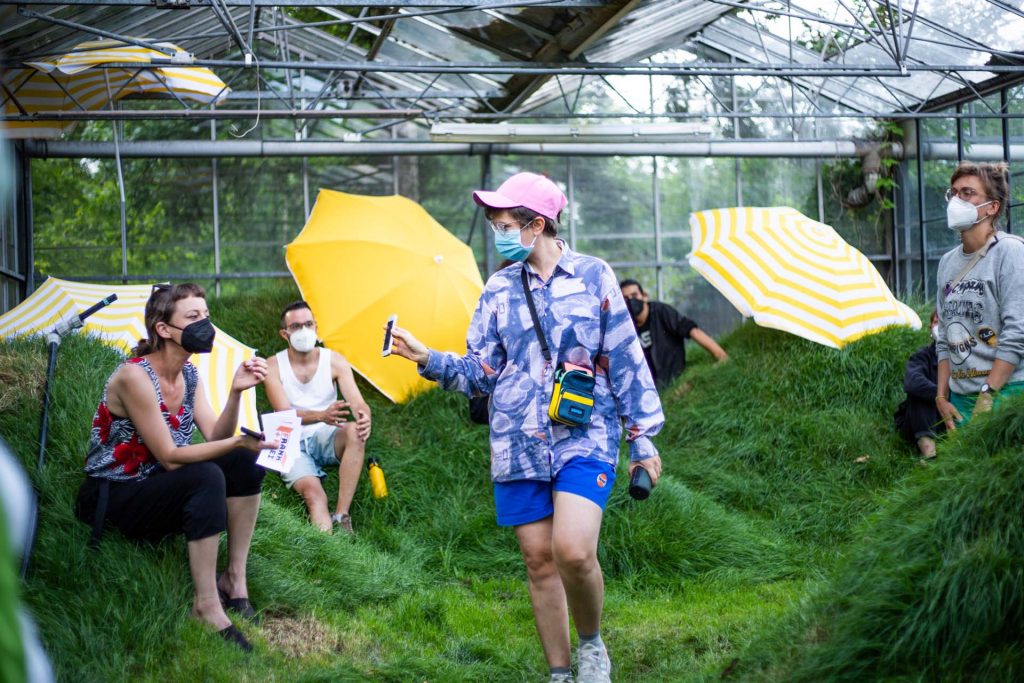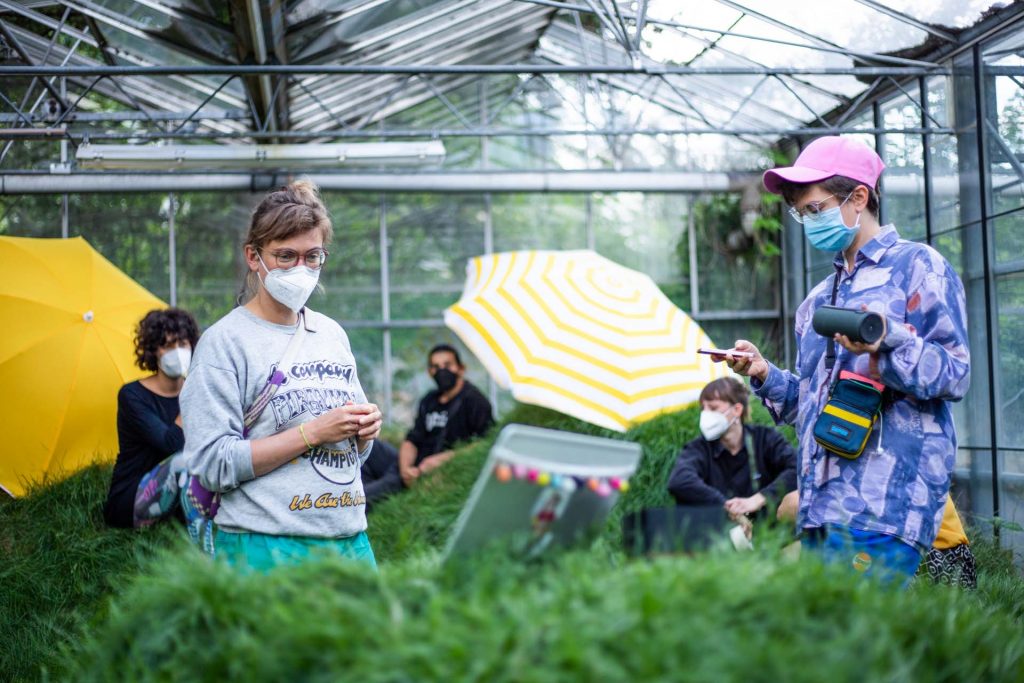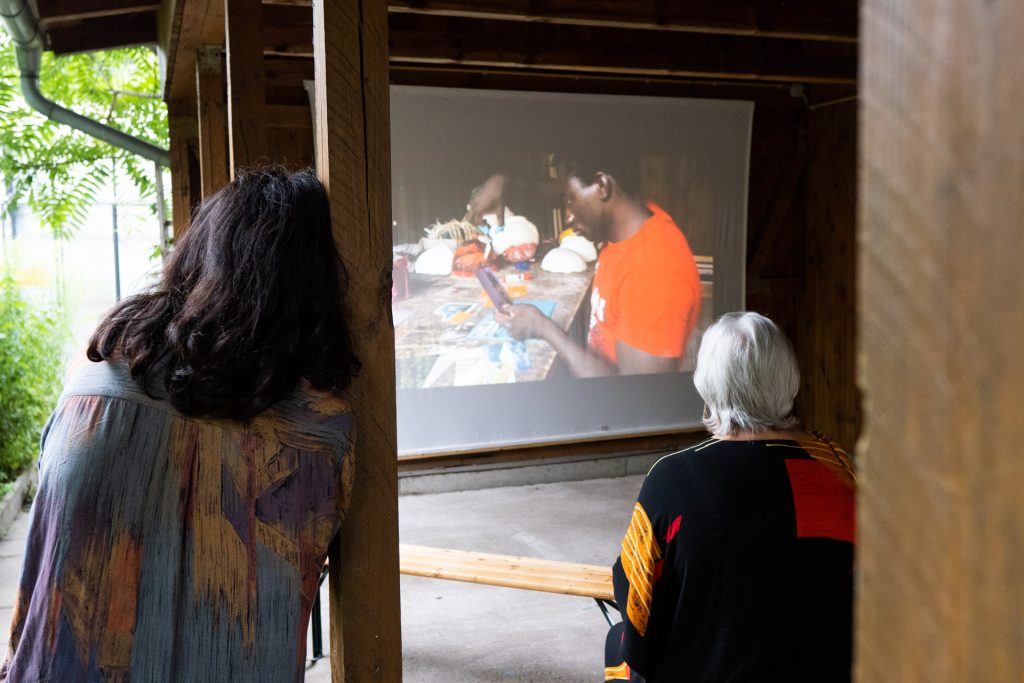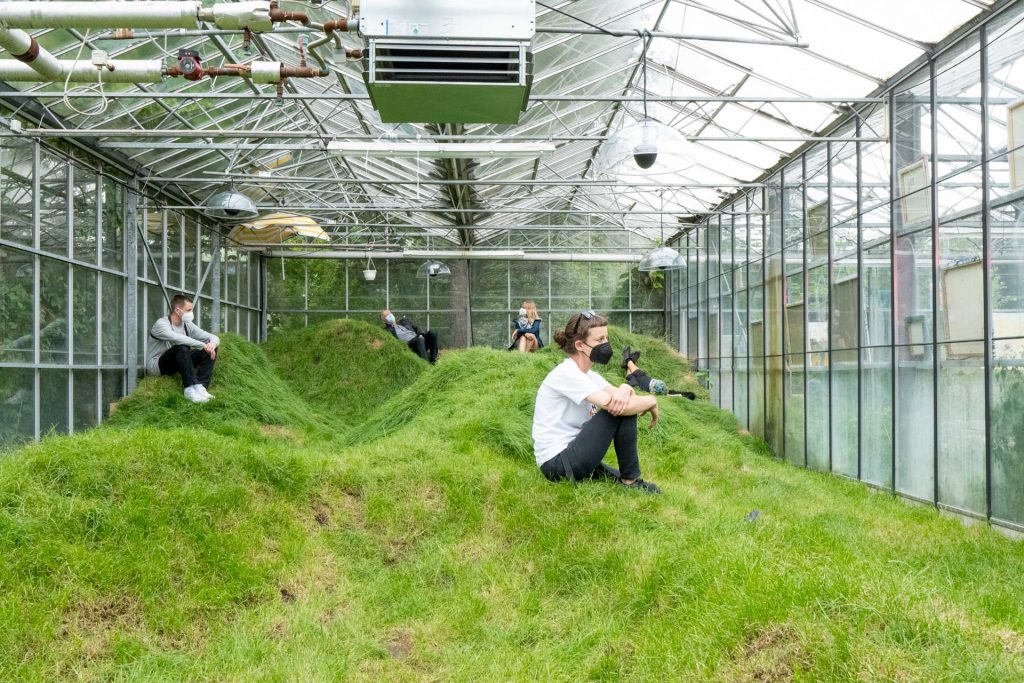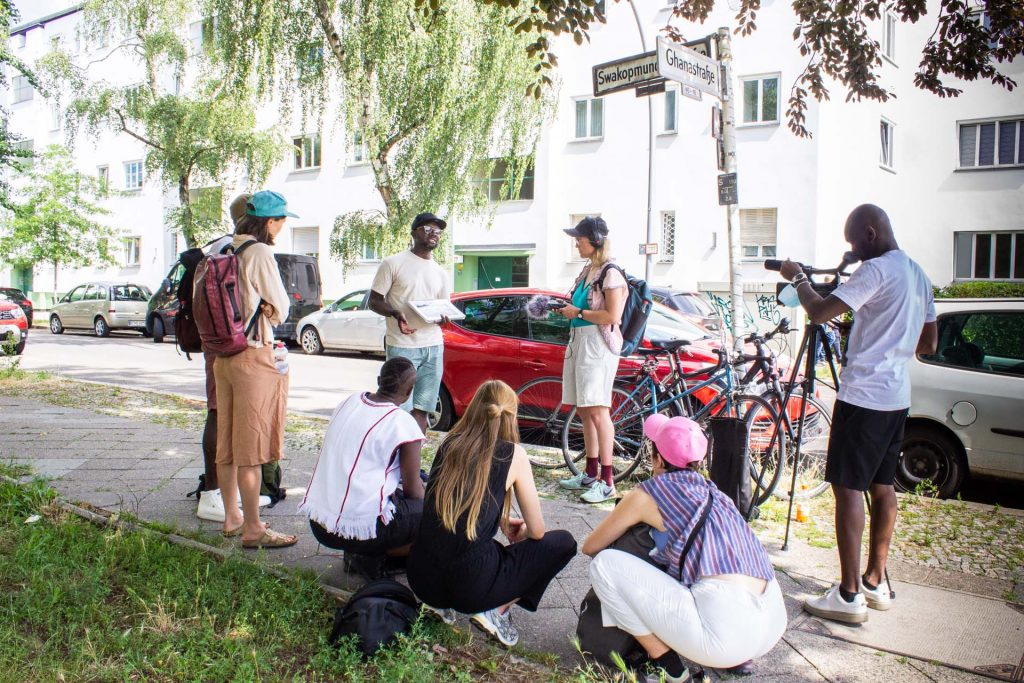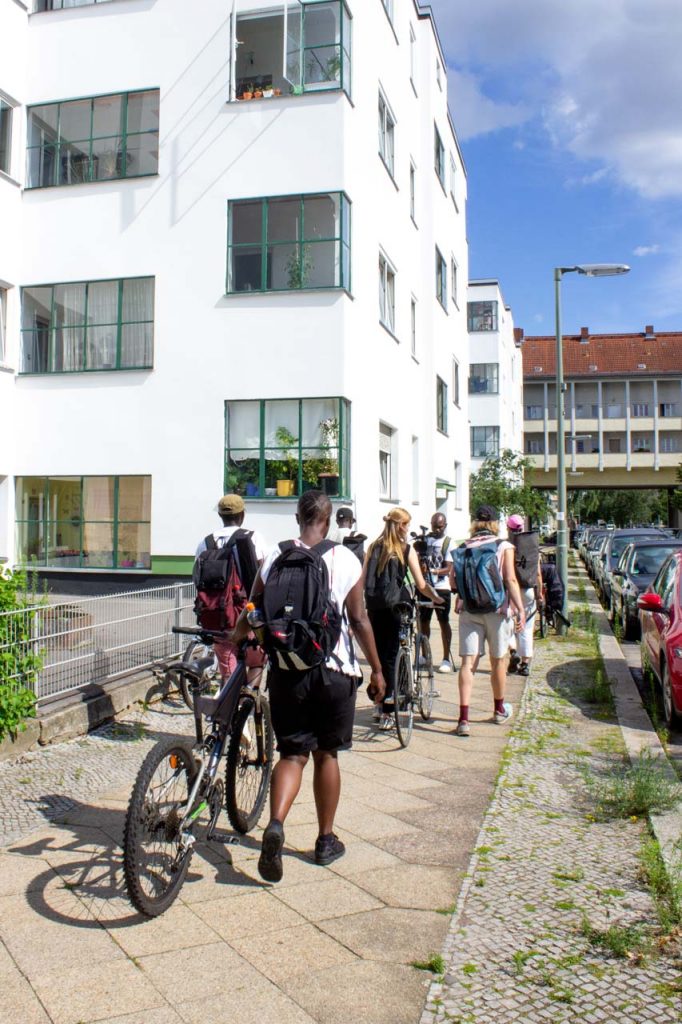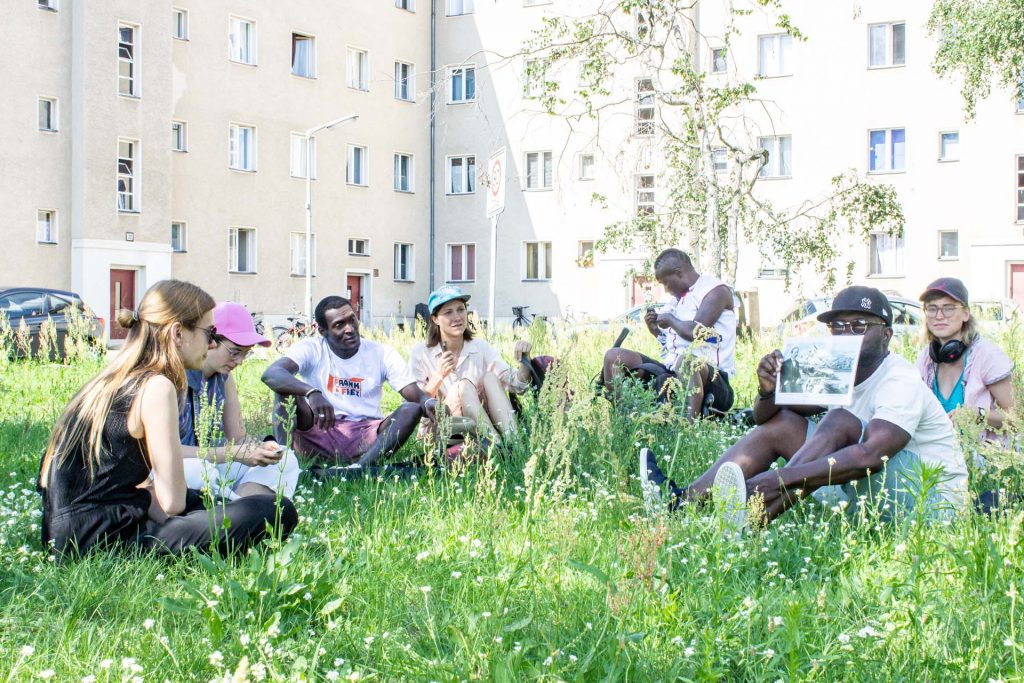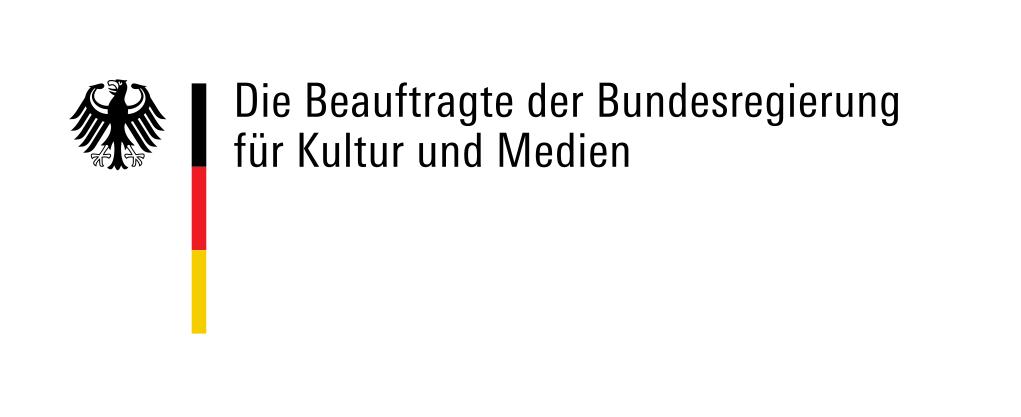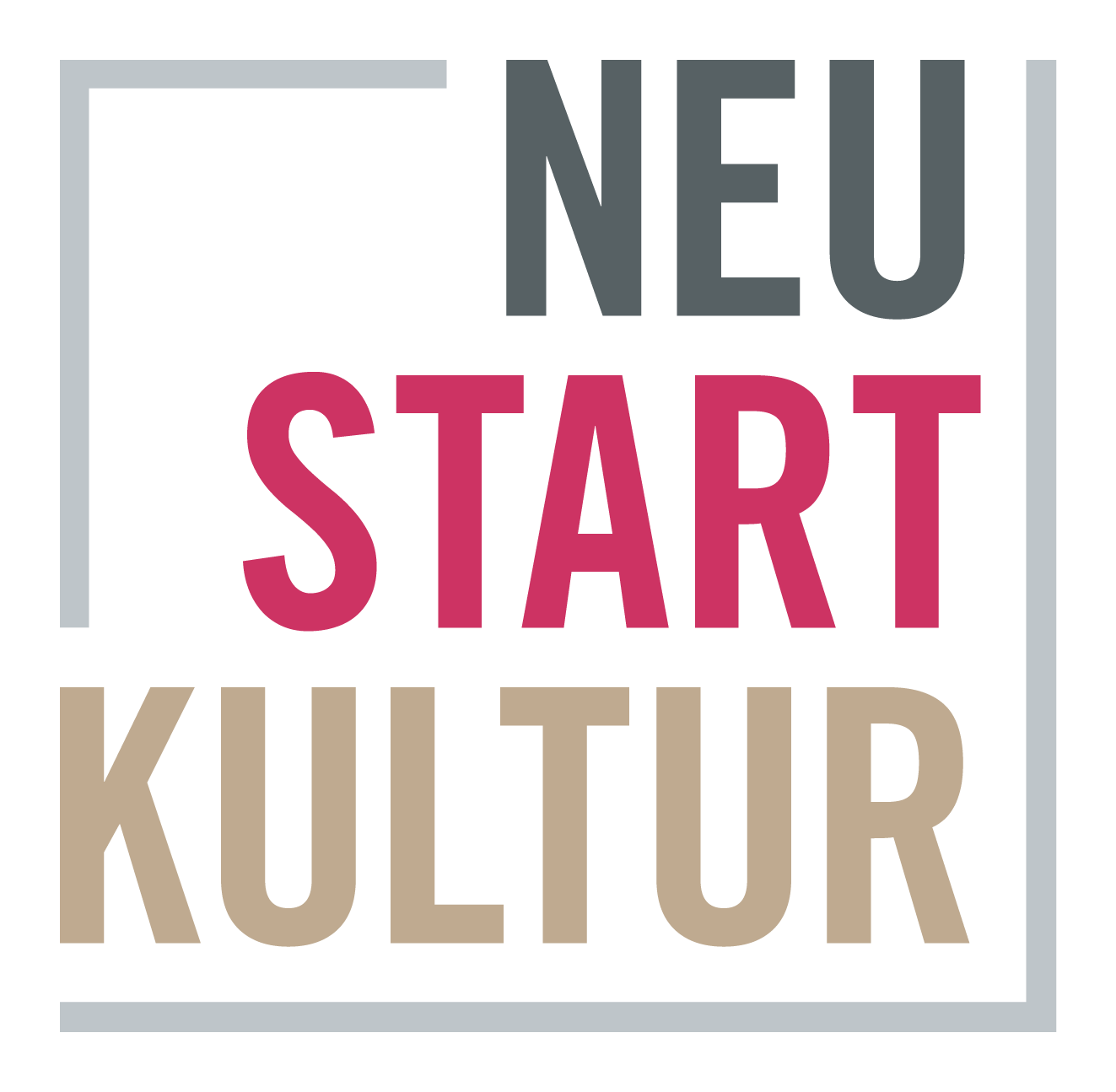In our Schlesifunk project, we address the big and small questions of living together. The young journalists visit people and projects who are engaging and are experimenting for the society of tomorrow. During which, they’re learning how to work with audio and video.
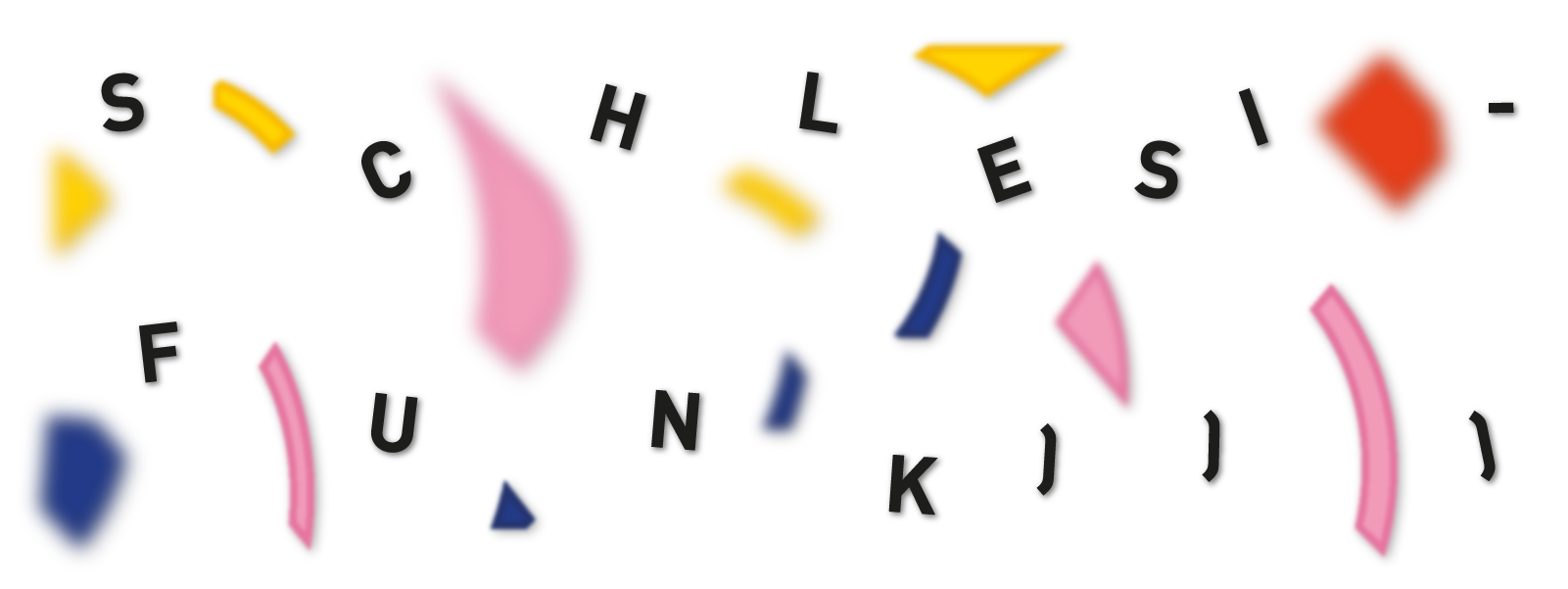


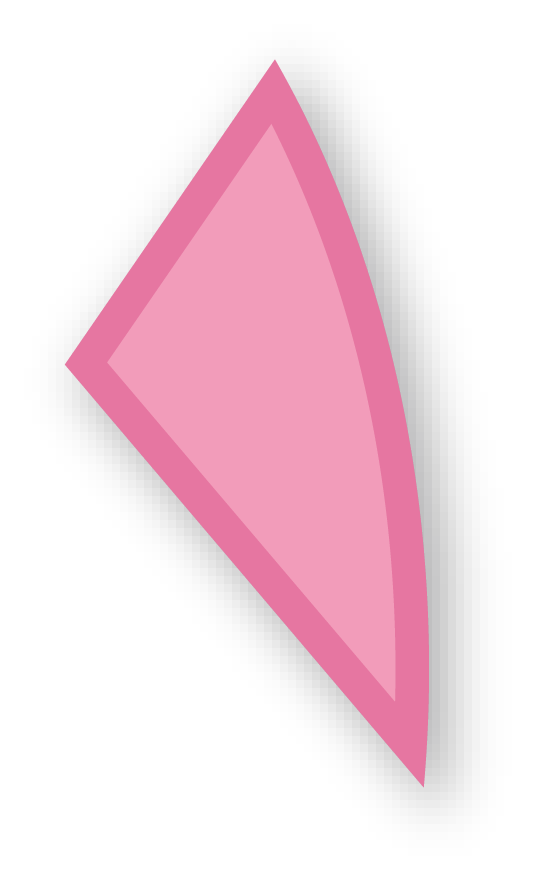
Together with young people from different backgrounds, we ask questions, initiate discussions, learn new things, share knowledge and harvest all the ways and strategies that bring us closer to answering the questions, “what is the good life?” and “how is it possible?”.
In the frame of the project weekly editorial meetings take place, at which we look forward to new members!
If you are interested, send an email to: w.loman@s27.de
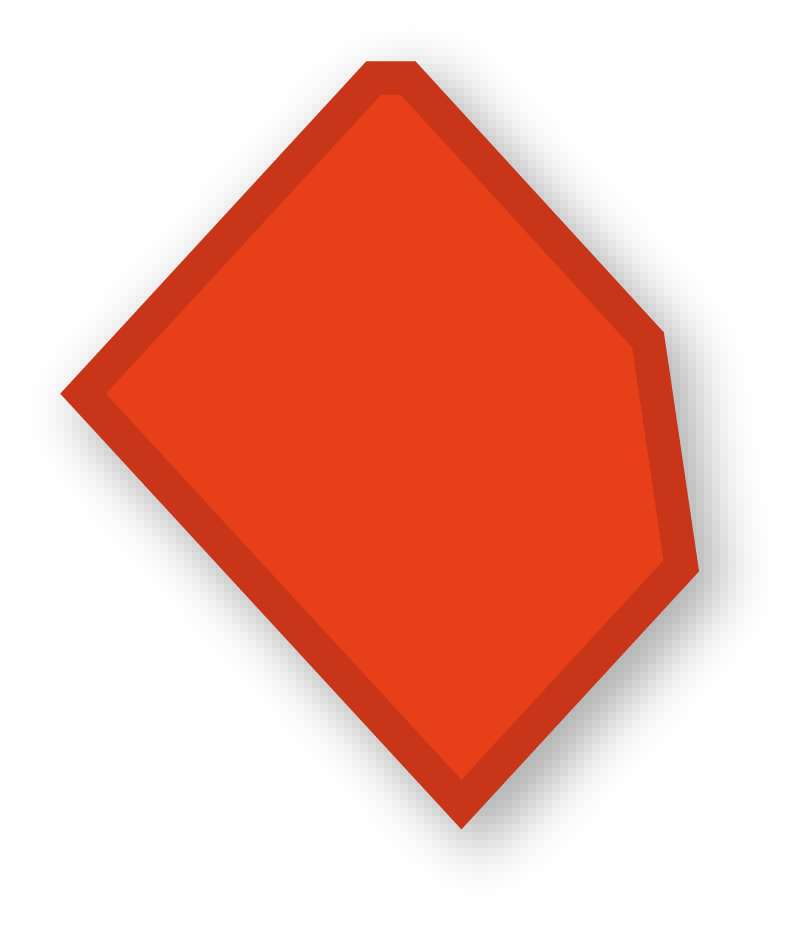


Stadtwerk mrzn is a local and international future laboratory, with a focus on diversity and full of visions. We talk with those involved about their work and visions.

Jan Mohammed is a participant in the podcast workshop and we talked with him about his dream of being president of Afghanistan one day.

Olaolu Fajembola is co-founder of the online shop Tebalou, which aims to bring more diversity into German playrooms. We talked with her about intersectional feminism, inclusiveness and toxic positions of power.
„It is our dream that every child, regardless of skin color, religion, family constellation, physique, preferences, wishes and dreams can recognise themselves and find positive images in which they can reflect themselves.“
The interview was conducted by Abdel Amine Mohammed.
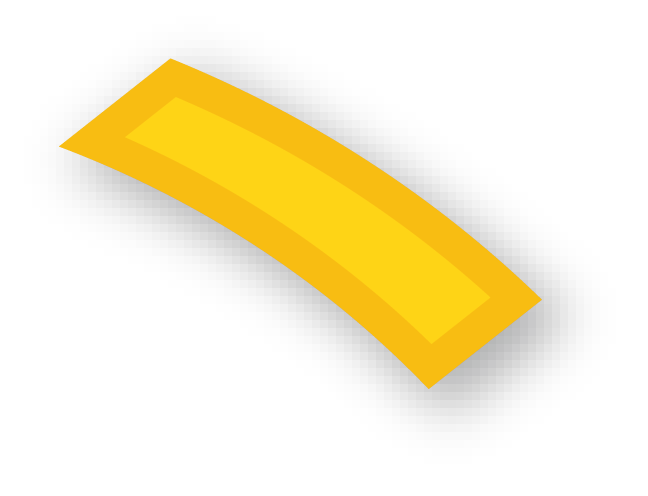

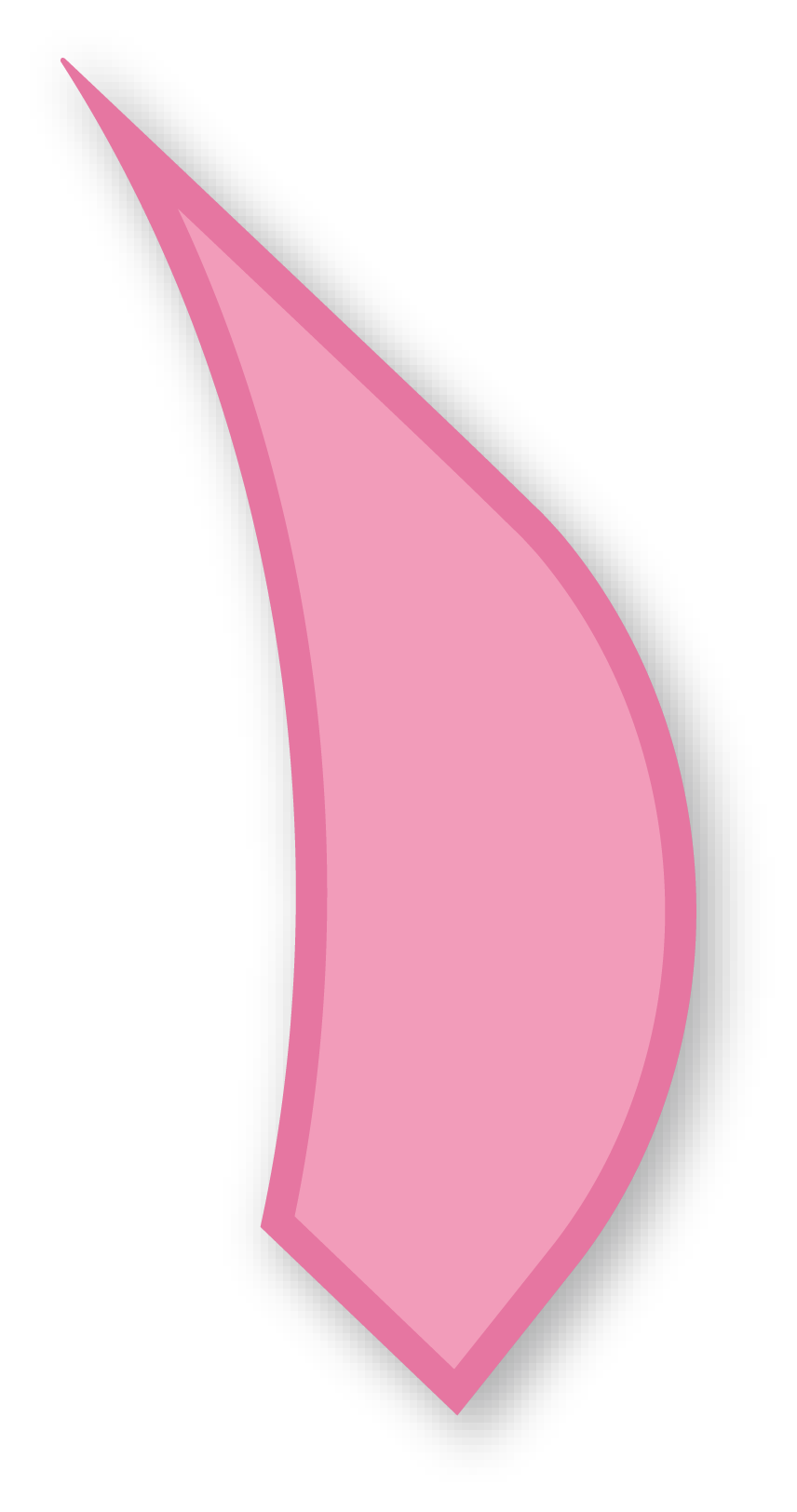
Abou Bakar Sidibé unexpectedly became a filmmaker on his difficult journey to Europe as he documented his path and time spent at the borders and in the mills of the European asylum system. We talked with him about his life and self-empowerment through making films.

We visited the exhibition The End of the Fucking Work at the Galerie im Turm and talked about work, art labour, contract work, what work is and what it could be.
“Art labour experiences excessive increase as well as devaluation in a variety of ways. It is seldom recognised as contract work because it “gives pleasure”, it is about “self-realisation” or “everyone can do that”. This fragile situation is also permeated by discrimination and power relations, which are further exacerbated in the course of blossoming crises.“
Curated by Linnéa Meiners.

We talked with Nafei Abou Assi and Wesam Karema from CLAN B about social work, bureaucratic challenges and solution-oriented work.
CLAN B is an initiative that was founded by young refugees in 2018 to help people in need. A courageous empowerment experiment through which young refugees create perspectives for themselves and support others at the same time. The interview was conducted by Niki and Astarte.



We look forward to our cooperation with the mobile project office of the Initiative Urbane Praxis.
Here you can find the podcast „Fuß in der Tür“ (‘foot in the door’) from the Urbane Praxis initiative. In a series of six podcasts, Mona Saddei and Tomma Suki from Torhaus speak to city makers from various Berlin campus projects who are part of the initiative.
Over the summer holidays in Berlin, Schlesifunk went outdoors. After long and crippling times in various lockdowns, during which getting together was either difficult or impossible, it was exactly what we needed to really get things underway. We went on a few excursions – including one to Stadtwerk mrzn in March – and finally we settled down on the neighbourhood campus, the center of our summer activities. A video workshop with Aboubakar Sidibé rounded off a successful summer. We presented videos and podcasts to invited guests by means of “sound showers” at the S27 summer party. Photos: Kathrin Glatz


Part of our summer workshops: A post-colonial city tour with Abdel Amine Mohammed in the “African Quarter” in Berlin-Wedding. Photos: Kathrin Glatz






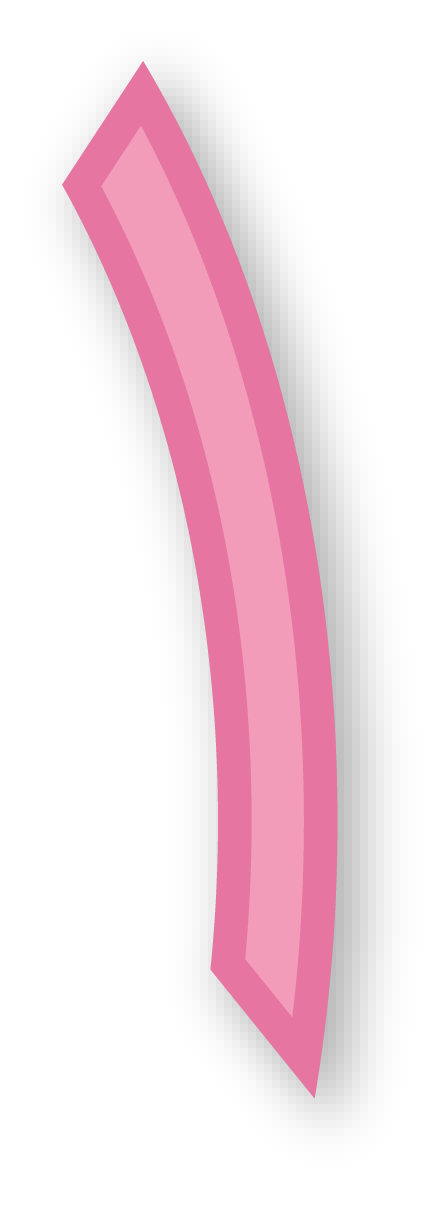
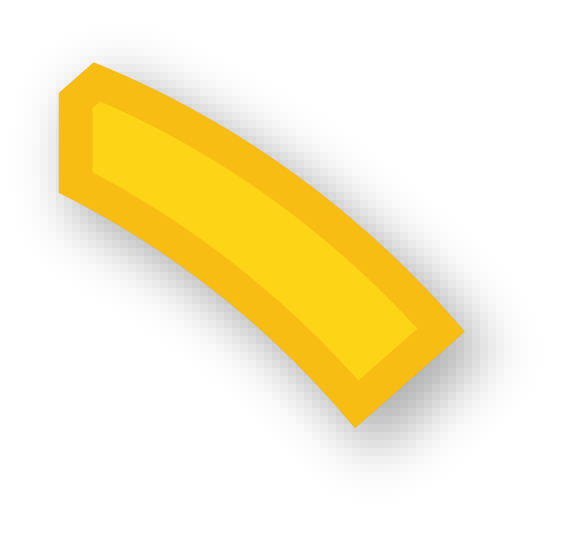
//Initially begun as “Schuschufunk”, named after the ancient Egyptian god Schu – god of light and air, whose task it is to span a space over the entire earth which makes life possible – the team of young editors decided on renaming the project with more local color as, “Schlesifunk”.
// Schlesifunk is funded as part of the Schuschufunk project by the FONDS SOZIOKULTUR (NEUSTART KULTUR program of the Federal Government Commissioner for Culture and Media (BKM)) and the Senate Department for Education, Youth and Family.

